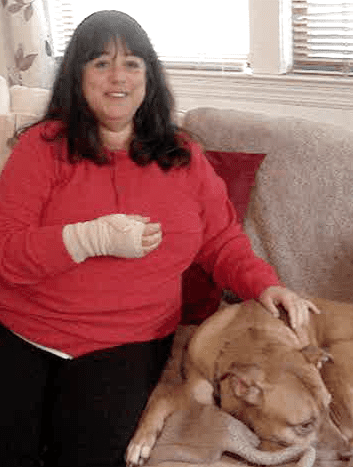
Yes, we all probably want this and therein lies the problem. How do we attain this?
There are some generally agreed upon principles that are good practices that we all should attain to:
- Avoid consumer debt
- Spend less than you earn/Pay yourself first (save)
- Don’t keep up with the Jones’
These are all great suggestions and work really well, but what if you need to work on some of these steps. In my opinion it all goes back to budgeting. Budgeting is the road map of your finances. You can see where your money is going and then make the necessary steps to eliminate consumer debt, reduce your spending, save by paying yourself first and break your habit of keeping up with the Jones’. It may sound simple but it isn’t. So with this issue and the next three I will tackle these issues.
Today, let’s look at avoiding consumer debt. This can be difficult to attain. But on the other hand, this is so important – too important not to strive for.
There have been times in my life that I have had more debt than I would like to admit. Yes, this happens to me too. In my opinion, there are two steps to start on the path to being debt free. First, you have to stop creating debt. Yes, you heard me. You need to do whatever it takes to avoid adding more to the debt. With that said, you can’t put every extra penny towards your debt and not have an emergency fund. Otherwise, the next time an emergency happens and you don’t have a fund to fall back on, you will create more debt.
In May and June, my husband had surgery and was home from work for a month without pay. We only had about 6 weeks’ notice to plan for this. We got through this period with the help of the emergency fund and savings to cover the shortfall. This was the key to us being able to live and pay the bills. Without the savings to fall back on, we would have had to use credit cards and create debt. So you can see how having an emergency savings plays a big part in getting rid of debt.
Back to the debt. Second, there are many ways to tackle this. Start by taking an honest look at your all your debt. Make a list including how much you owe, the minimum payment, interest rate, etc. I understand this is hard, but it’s necessary.
Now make the plan. You can payoff the smallest debt first to eliminate one debt (gives you momentum). You can payoff the debt with the highest interest rate (saves you money). You can plan to get more money (bringing in more income) with many options to add to your payment. Take some time to brainstorm what will work best for you and then put that plan into action.
You’ll need to stop creating additional debt and to create or increase your emergency fund. Next issue, I will discuss spending less than you earn/pay yourself first.
Save
Save
Save
Save







 As the weather turns to Spring, homeowner’s start to think about home improvements. Several years back, we did a major home improvement to our home and we had to make some tough decisions about what improvements to make. Do we make changes that will make our lives easier? Do we do something that would bring added value to the home? These are the tough decisions we had to make as homeowners.
As the weather turns to Spring, homeowner’s start to think about home improvements. Several years back, we did a major home improvement to our home and we had to make some tough decisions about what improvements to make. Do we make changes that will make our lives easier? Do we do something that would bring added value to the home? These are the tough decisions we had to make as homeowners. If you are planning to sell in the near future, then recouping your expenses is a major factor in your choice. Talk with a realtor and discuss what improvements will increase your home’s value and recoup your money.
If you are planning to sell in the near future, then recouping your expenses is a major factor in your choice. Talk with a realtor and discuss what improvements will increase your home’s value and recoup your money.